Table of Contents
- The Oklahoma City bombing - CNN.com
- Oklahoma City Bombing: A Tragic Day in American History - HubPages
- Oklahoma City Bombing Fast Facts - CNN
- Oklahoma City bombing: 20 years later, key questions remain unanswered ...
- Structural engineers who investigated 9/11, hired by the lawyers of two ...
- Watch Oklahoma City Bombing: Why Did It Occur & Who Was Behind It? Clip ...
- Oklahoma City Bombing: 26 years later, the same extremist threats ...
- Bombed Building
- Oklahoma City bombing: The day domestic terror shook America - BBC News
- The Oklahoma City bombing, 25 years later: The picture and the pain ...
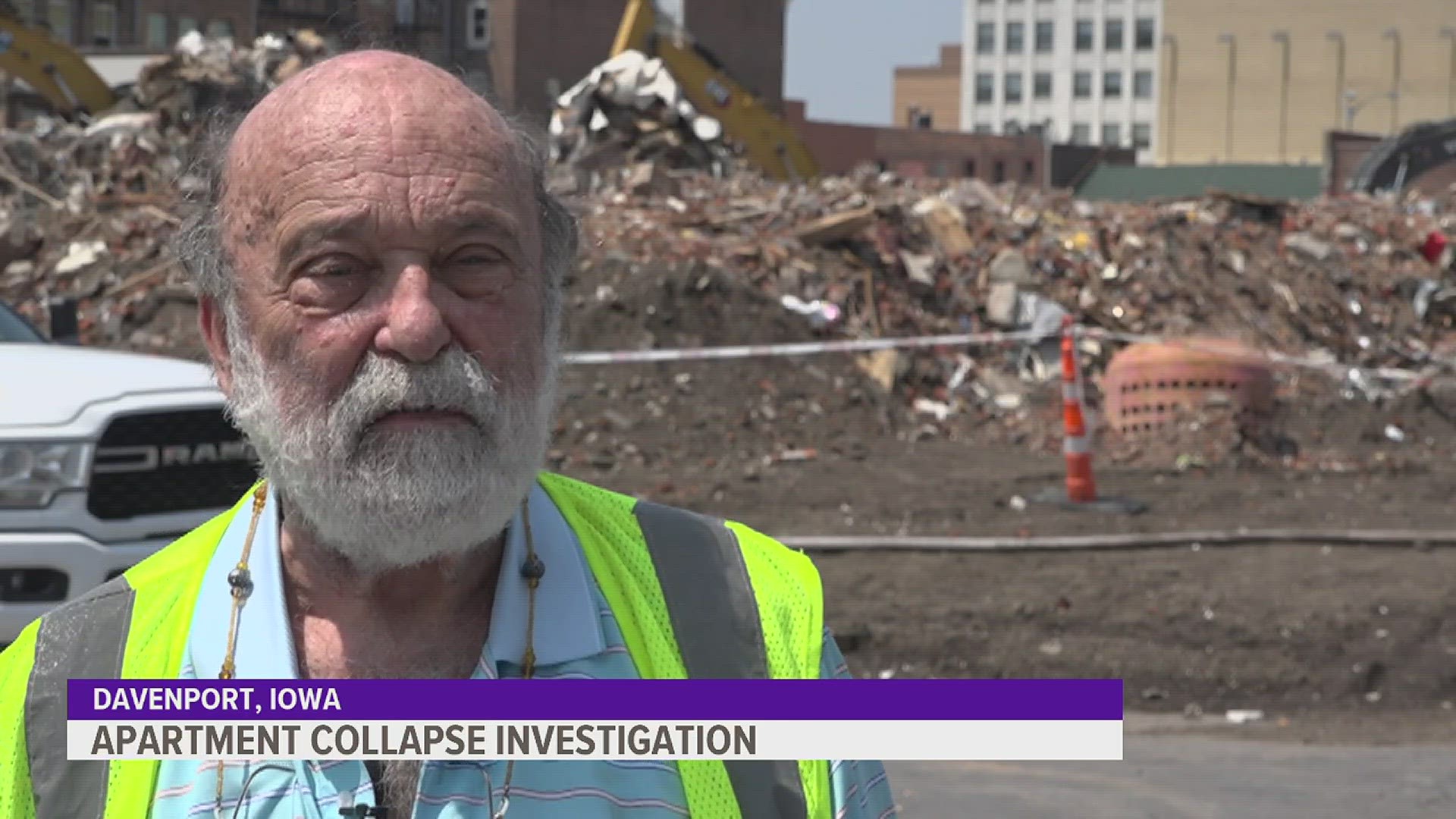
April 19, 2025, marks a somber milestone: the 30th anniversary of the Oklahoma City bombing, one of the most devastating acts of domestic terrorism in American history. On that fateful day in 1995, the Alfred P. Murrah Federal Building was attacked, claiming 168 lives, including children in a daycare center, and injuring over 680 people. The bombing sent shockwaves across the nation, prompting a massive response from emergency services, law enforcement, and the community at large. Thirty years later, as we reflect on this tragic event, it's crucial to examine what has changed, what remains the same, and what the future holds for the survivors, the city, and the nation.

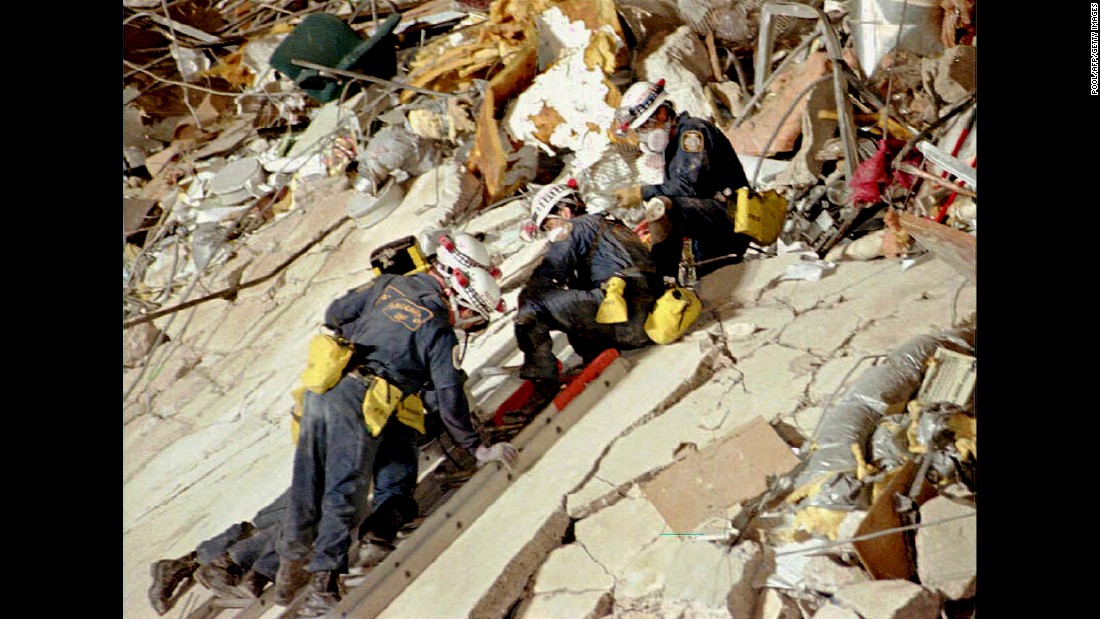
A Look Back: The Immediate Aftermath and Investigation
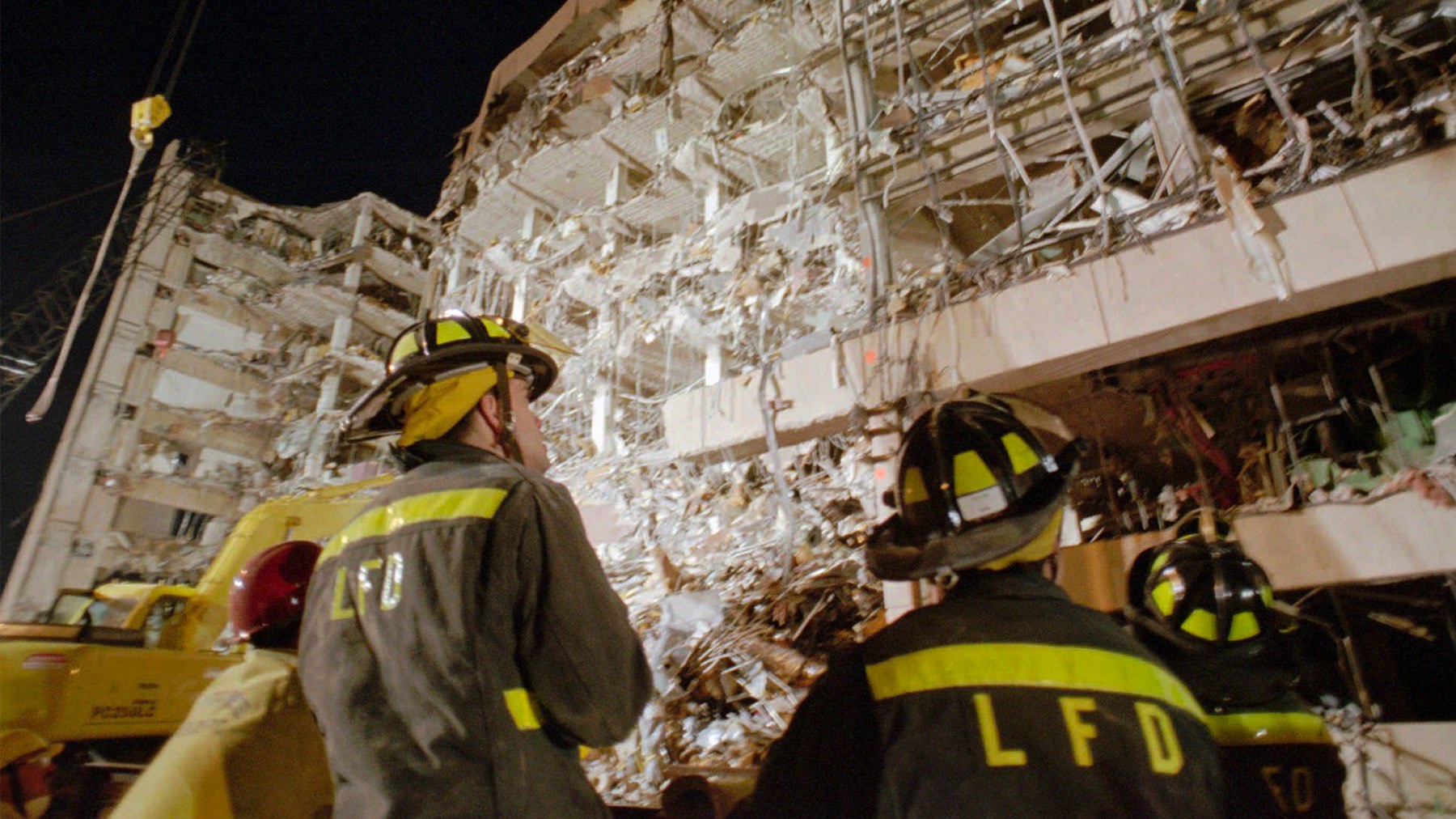
The Oklahoma City bombing was a pivotal moment in American history, leading to significant changes in law enforcement, terrorism prevention, and community resilience. The immediate response to the bombing was marked by heroic efforts from first responders, medical personnel, and ordinary citizens who rushed to the scene to help. The subsequent investigation, led by the FBI, resulted in the arrest, trial, and conviction of Timothy McVeigh and Terry Nichols for their roles in the bombing. McVeigh was executed by lethal injection in 2001, while Nichols is serving 161 consecutive life sentences.

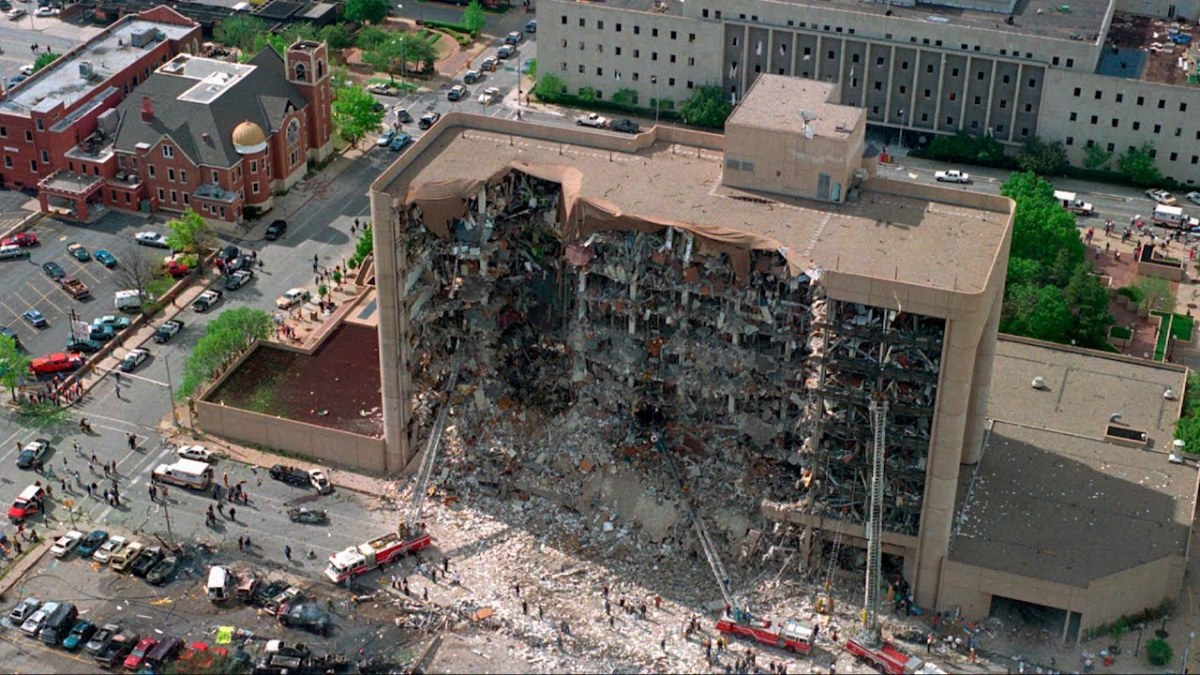
Changes in Terrorism Prevention and Response
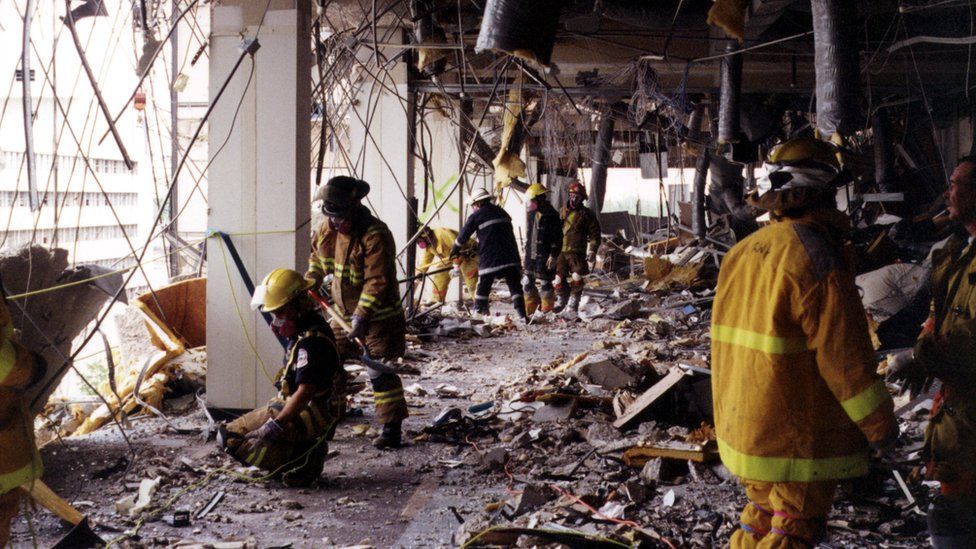
In the aftermath of the Oklahoma City bombing, the U.S. government implemented numerous measures to enhance domestic security and prevent future acts of terrorism. The USA PATRIOT Act, enacted in 2001 following the 9/11 attacks, expanded the authority of law enforcement agencies to gather intelligence and conduct surveillance. Additionally, the Department of Homeland Security (DHS) was established to coordinate national efforts to prevent and respond to terrorist threats. These changes reflect a shift towards a more proactive and integrated approach to counterterrorism.
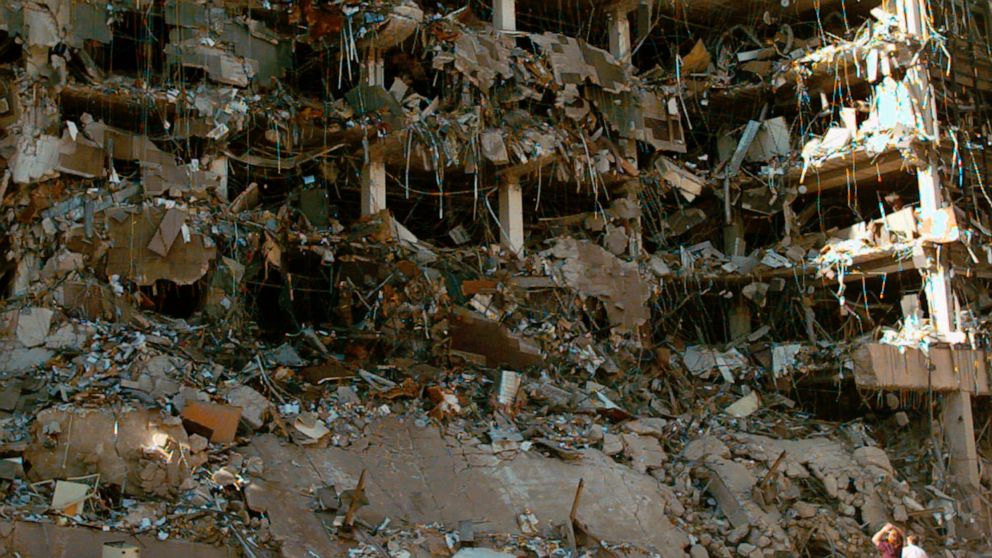
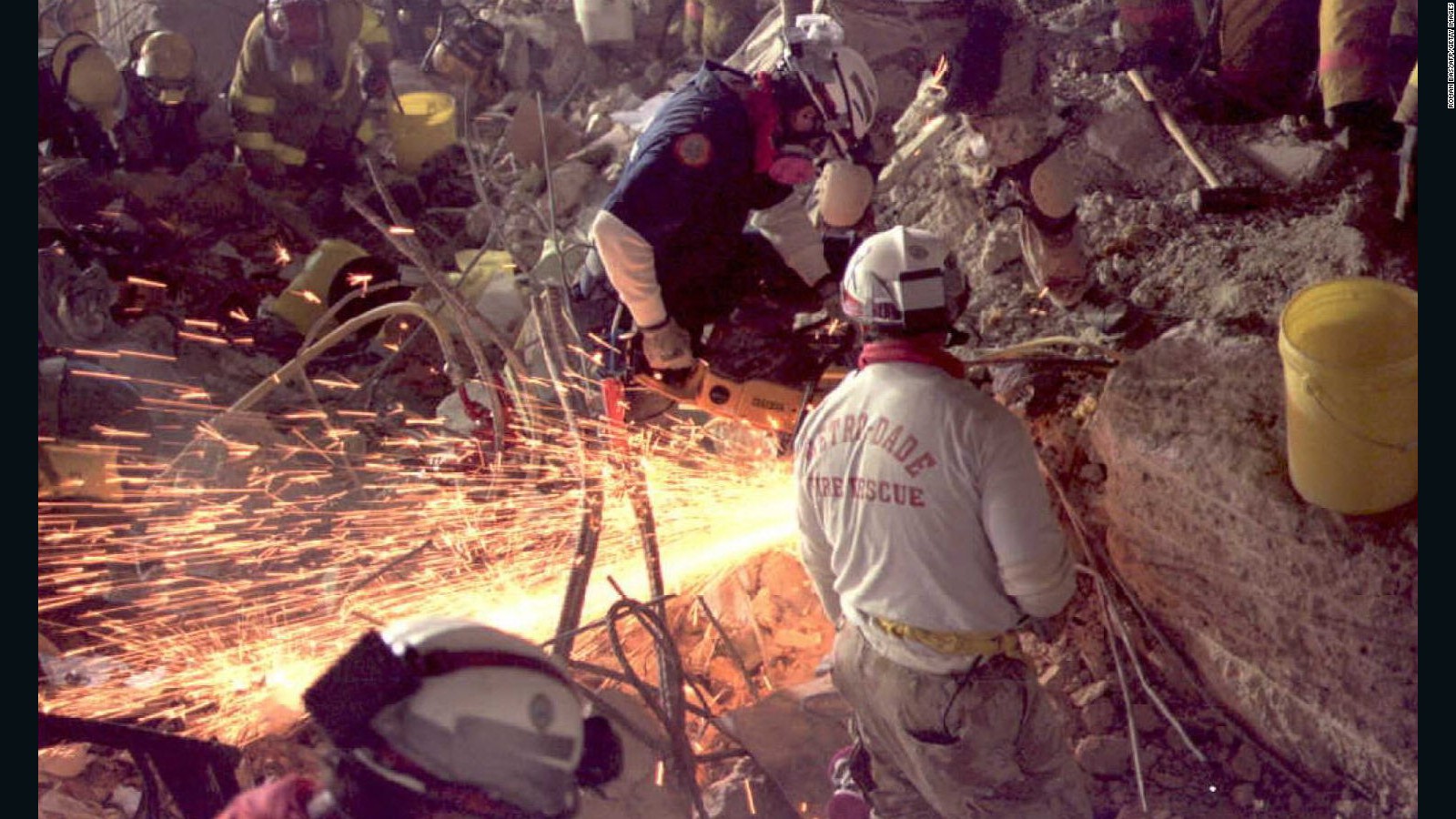
Community Healing and Resilience
The city of Oklahoma City has undergone significant transformation since the bombing. The Oklahoma City National Memorial & Museum, dedicated in 2000, stands as a poignant tribute to the victims, survivors, and rescuers. The memorial features 168 chairs, each representing a life lost, and the Survivor Tree, a symbol of resilience and hope. The city's response to the tragedy has been marked by a strong sense of community and solidarity, with numerous initiatives and events aimed at promoting healing, education, and remembrance.
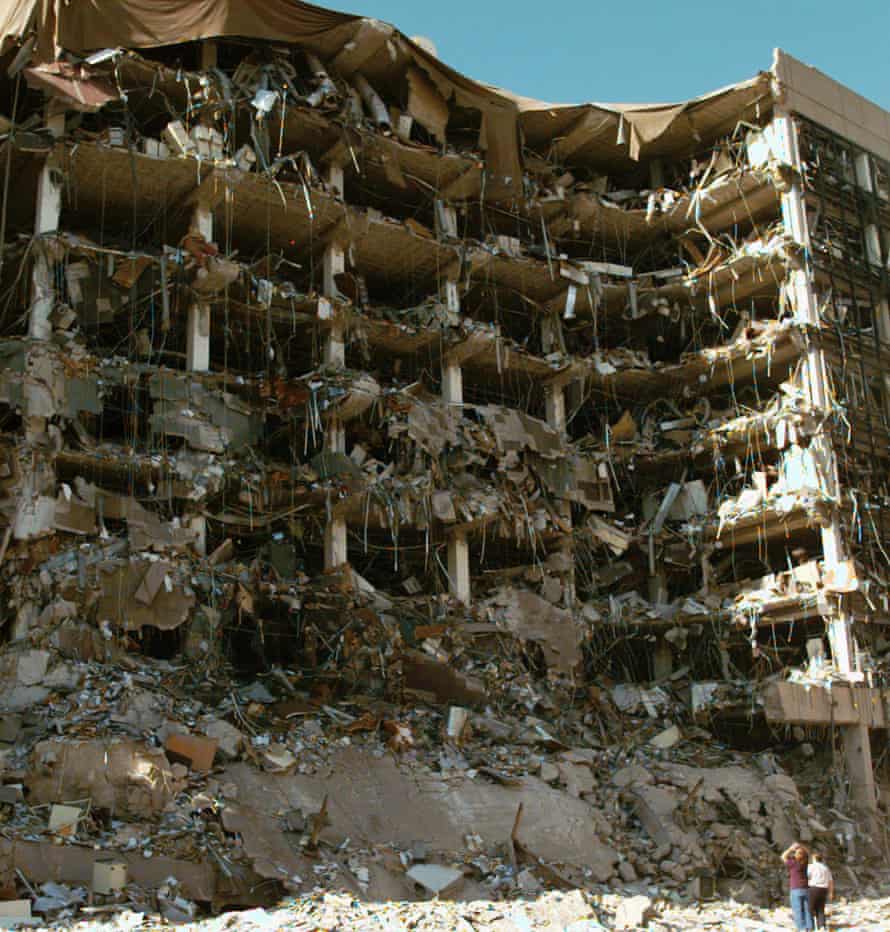
What's Next: Continuing Challenges and Opportunities
As the nation looks to the future, several challenges and opportunities arise. The threat of domestic terrorism remains a concern, with the FBI and other agencies working to combat extremist ideologies and prevent violent acts. Furthermore, the Oklahoma City bombing serves as a reminder of the importance of community engagement, social cohesion, and mental health support in preventing radicalization and promoting resilience. Efforts to address these issues will be crucial in the years to come.
The Oklahoma City bombing, 30 years on, serves as a poignant reminder of the devastating consequences of terrorism and the importance of unity, resilience, and collective action in the face of tragedy. As we honor the memories of the victims and survivors, we must also acknowledge the progress made and the challenges that lie ahead. By continuing to work together to prevent terrorism, support affected communities, and promote a culture of inclusivity and respect, we can build a safer, more compassionate future for all.
Related Resources:
- Oklahoma City National Memorial & Museum: https://www.oklahomacitynationalmemorial.org/
- FBI: https://www.fbi.gov/
- Department of Homeland Security: https://www.dhs.gov/